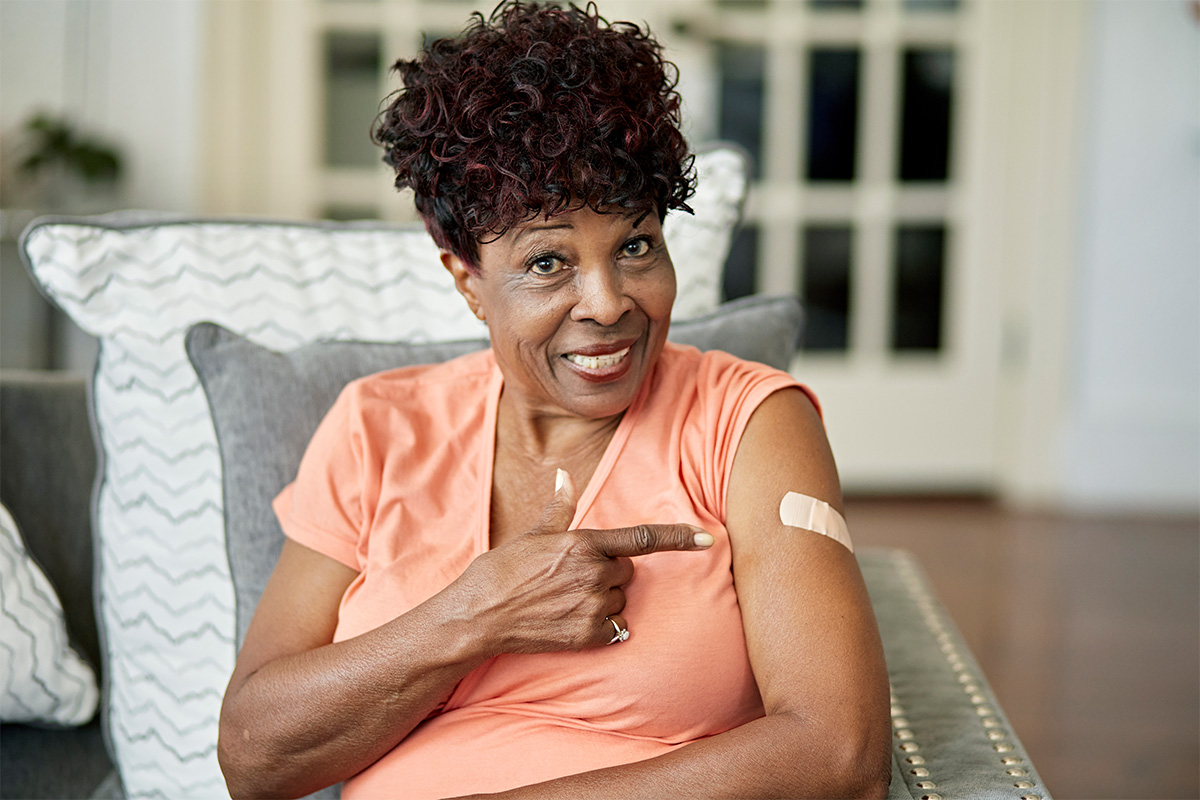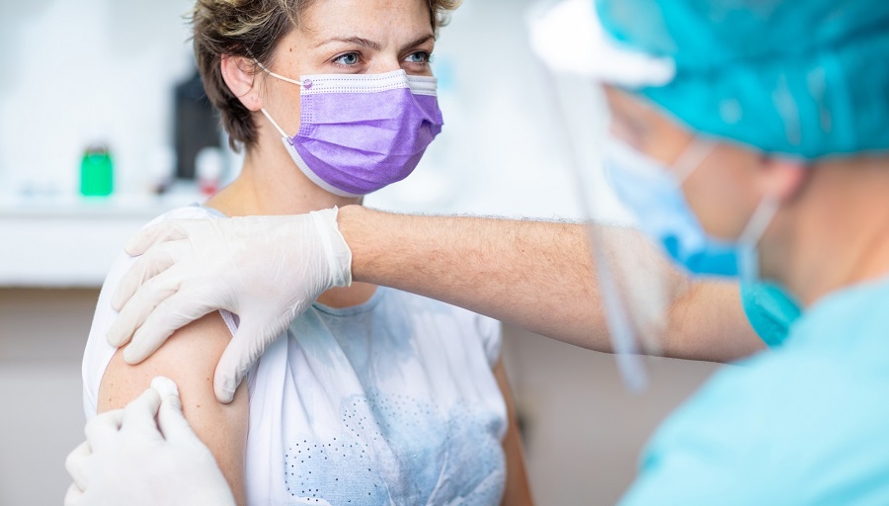Signs and Symptoms of a Heart Attack
Sep 27, 2022

Know the signs so you can get care when seconds count.
Someone in the U.S. has a heart attack about every 40 seconds, and 1 in 8 people will die from it. The medical emergency occurs when the heart can’t get enough oxygen because blood flow is slowed or stopped. But acting fast can save many lives. Learn heart attack signs, symptoms and the importance of immediate care.
Warning signs
You might think of a heart attack as sudden and intense, but many start slowly, with mild pain and discomfort, and symptoms can come and go. Over time, the symptoms and pain become more intense. You might even experience warning signs far in advance, such as a feeling of heartburn or fatigue.
Reducing risks
Smoking, physical inactivity, high cholesterol and excess weight raise the risk of heart disease in both men and women. Developing healthy habits, such as getting 30 minutes of exercise per day and eating whole, unprocessed foods, can help reduce your risk.
Early treatment, better results
Most heart damage happens within the first two hours of an attack, meaning treatment must be administered quickly. The sooner you go to the hospital, the better your outcome may be. Dameron Hospital doctors and staff are specially trained to treat heart attacks quickly. A person who is having a heart attack is assessed and treated to open the blocked arteries that caused it.
Care after heart attack
If you have a heart attack, your care doesn’t end when you go home from the hospital. It’s important to find a trusted cardiologist to partner with, so you can be proactive about your healthcare. Together, you can makea plan to incorporate healthier habits, along with medication, to reduce your risk of heart attacks in the future.
Modern innovations, faster treatment
Cardiovascular care providers often use the phrase “time is muscle,” meaning the more time that passes without treatment during a heart attack episode, the more heart muscle is irreparably damaged. Dameron Hospital’s cardiac catheterization lab enables providers to quickly assess and diagnose heart attack symptoms and give lifesaving treatment. Cardiac catheterization is a minimally invasive procedure to diagnose and treat heart conditions, including clogged arteries, plaque buildup and artery blockage.
Related articles

Adult Vaccines: Are You up to Date on Yours?
June 28, 2023

Senior well-being: Connecting across the generations
September 14, 2020

Primary care providers share why getting a flu shot is more important than ever
October 19, 2020